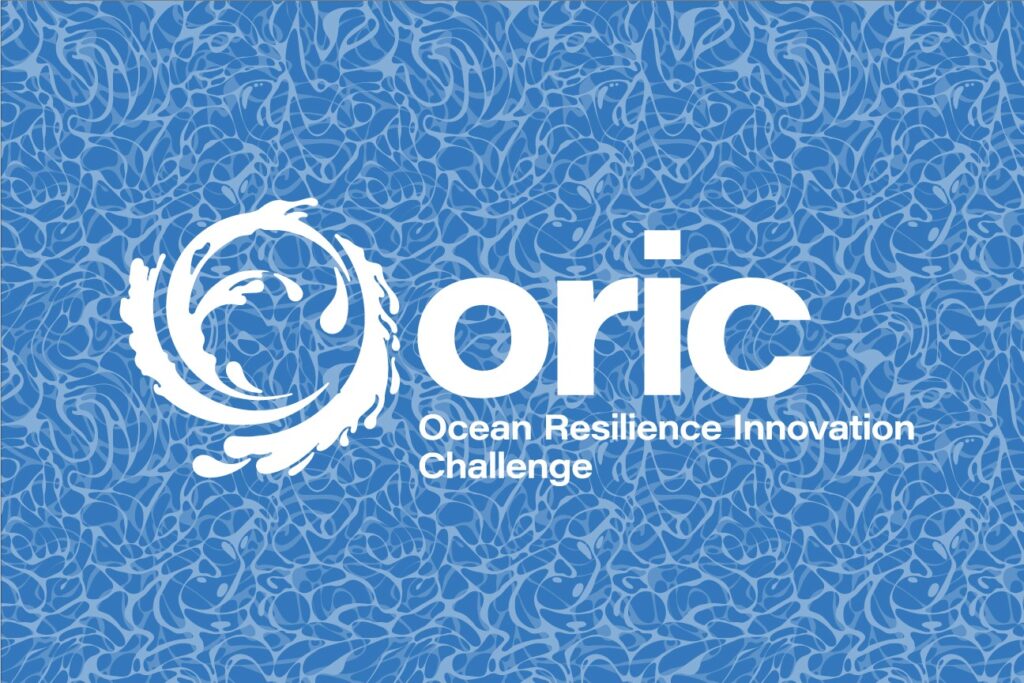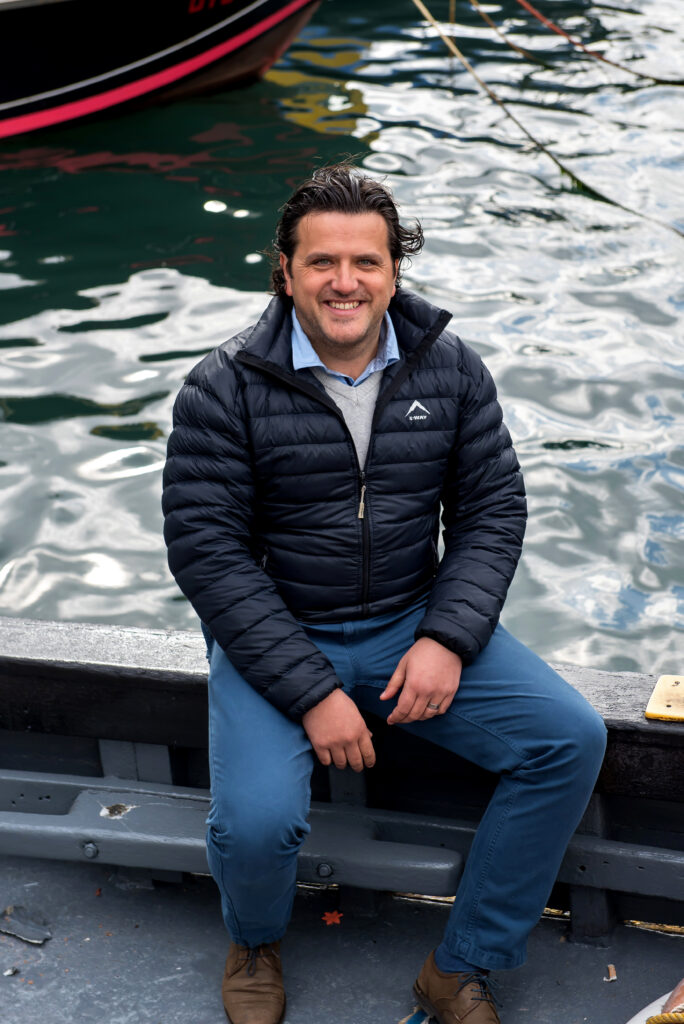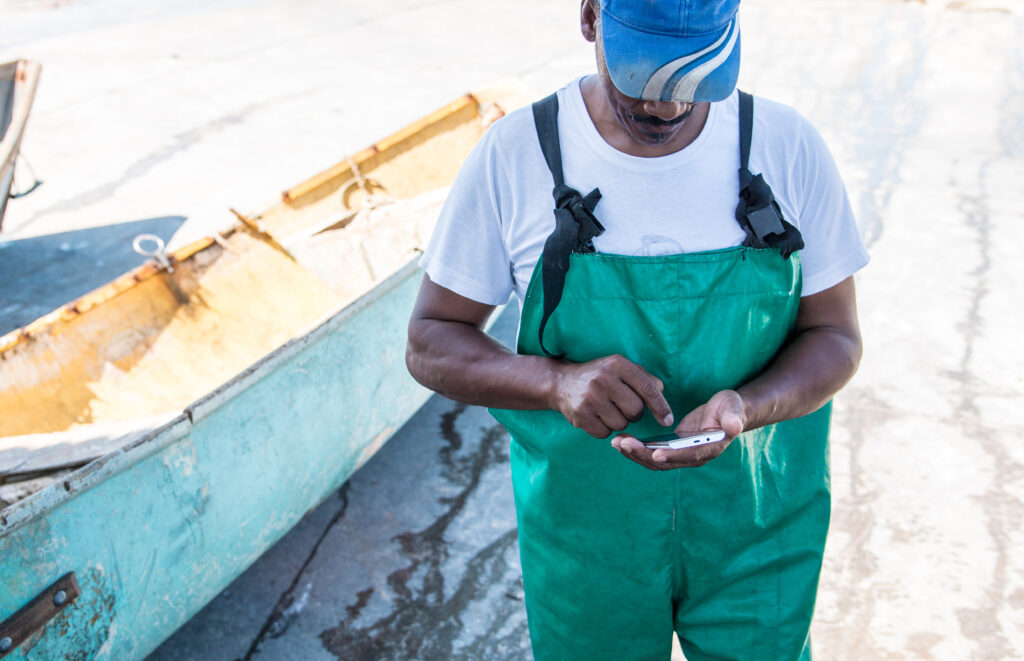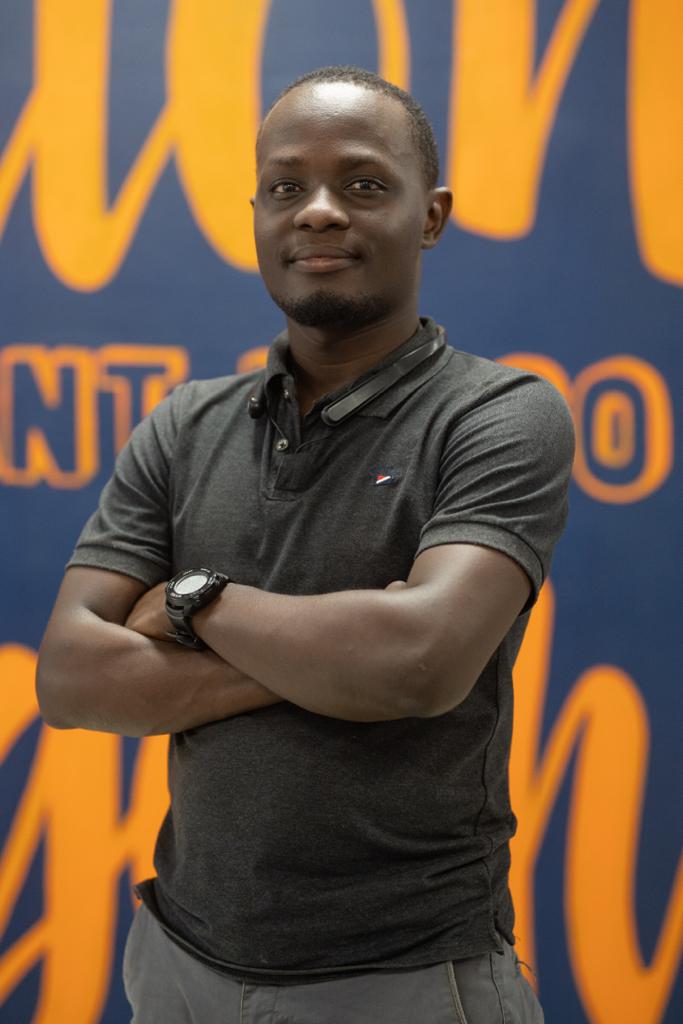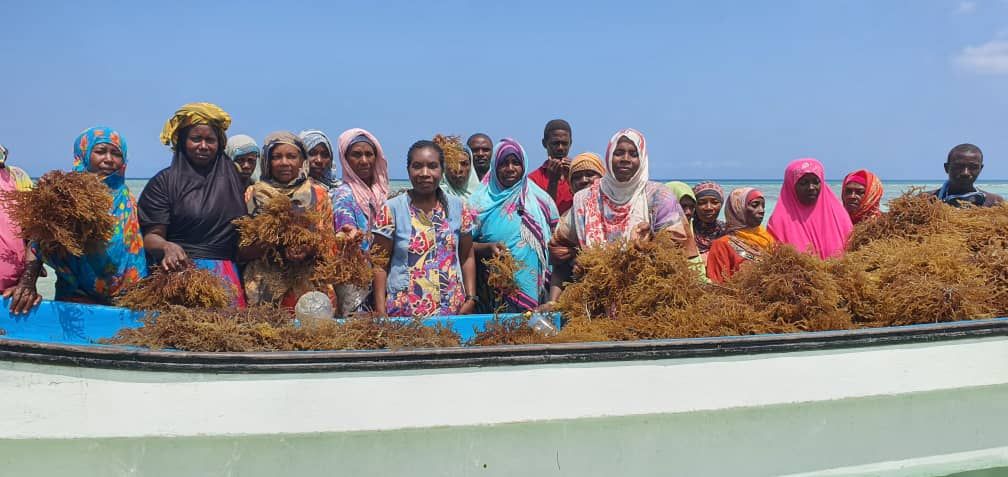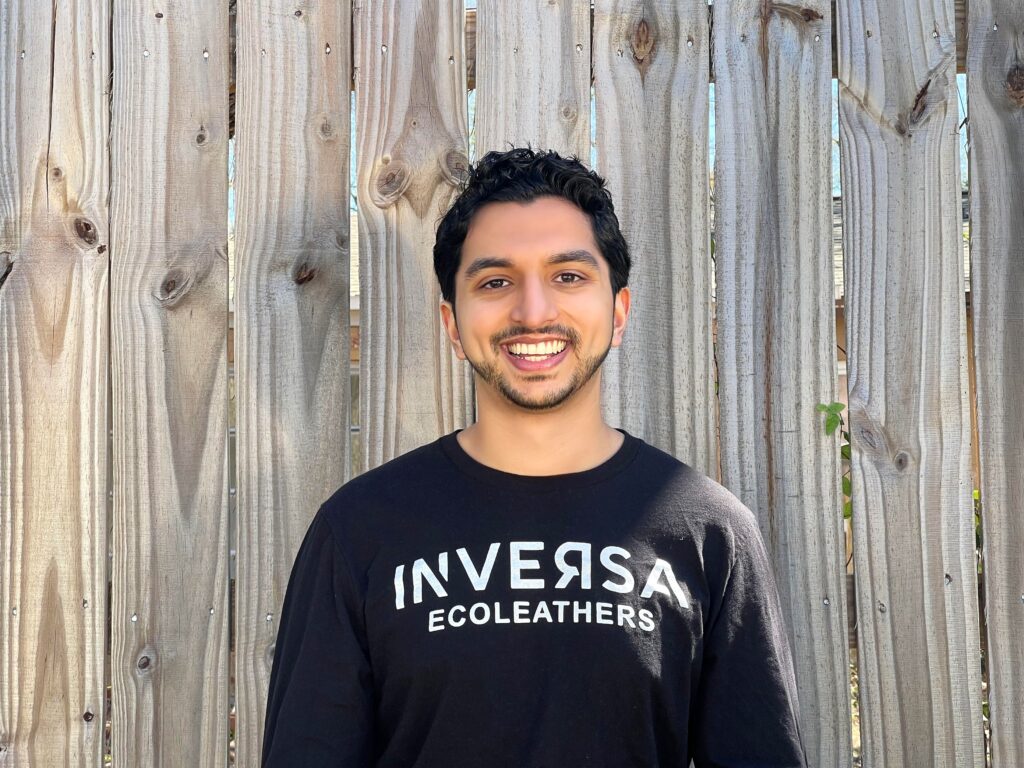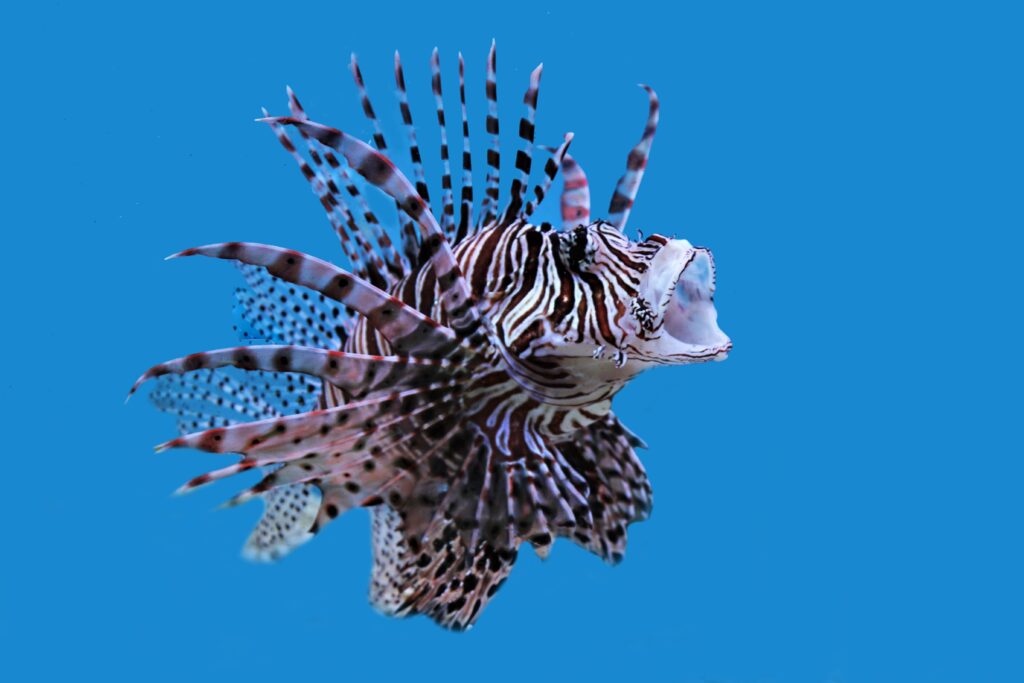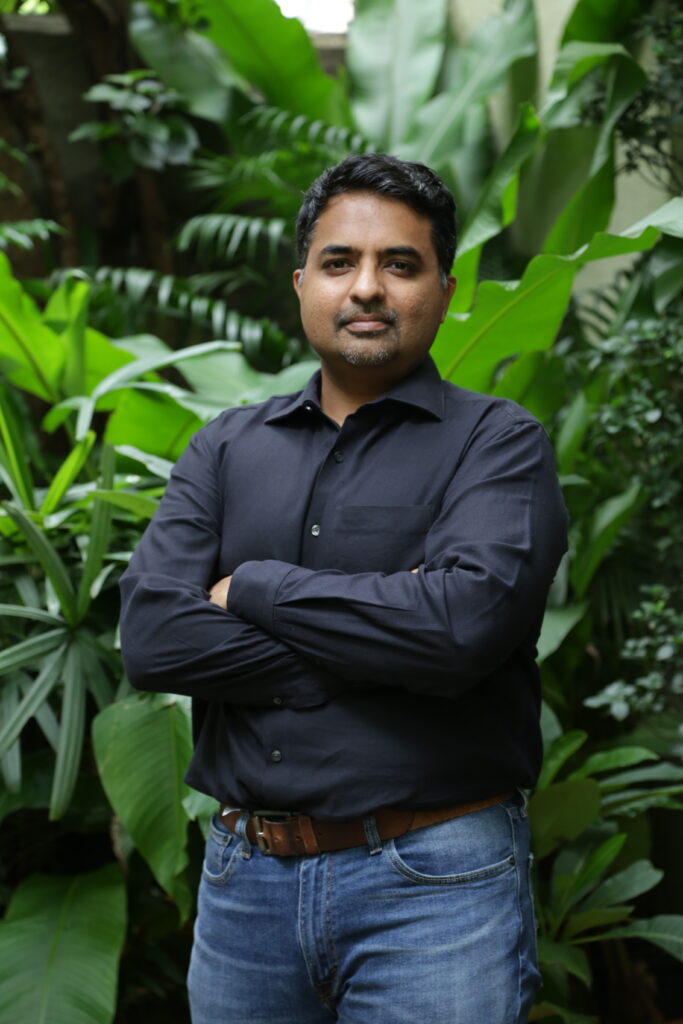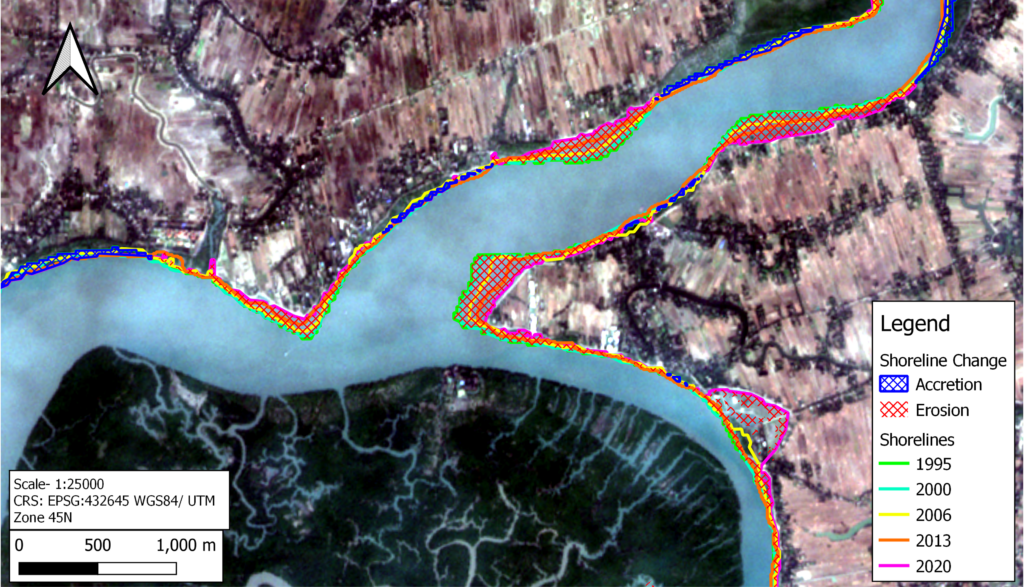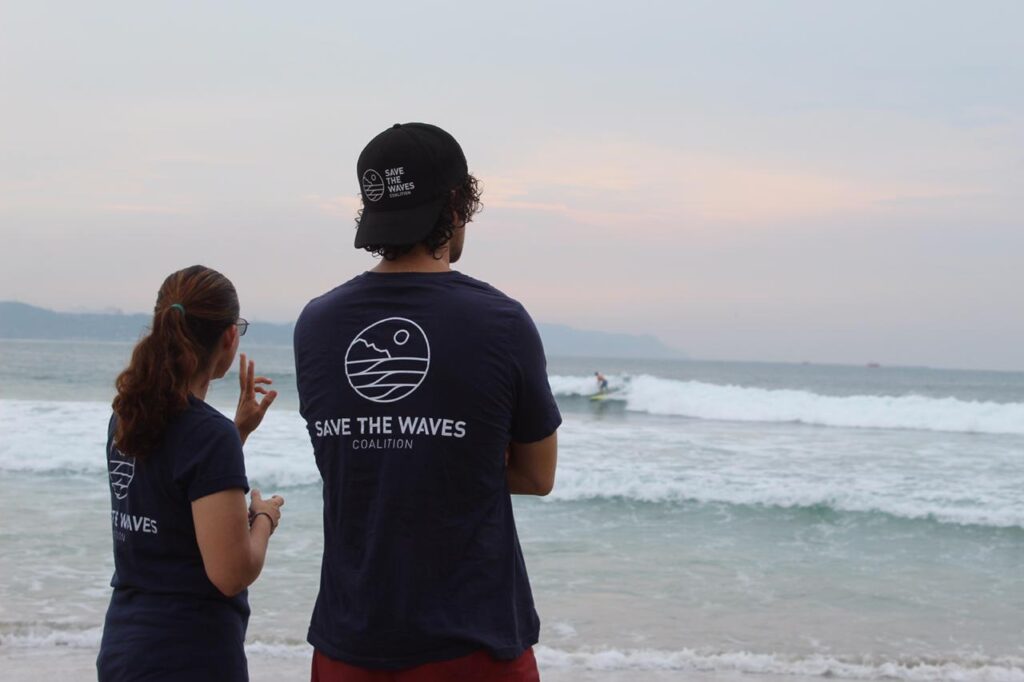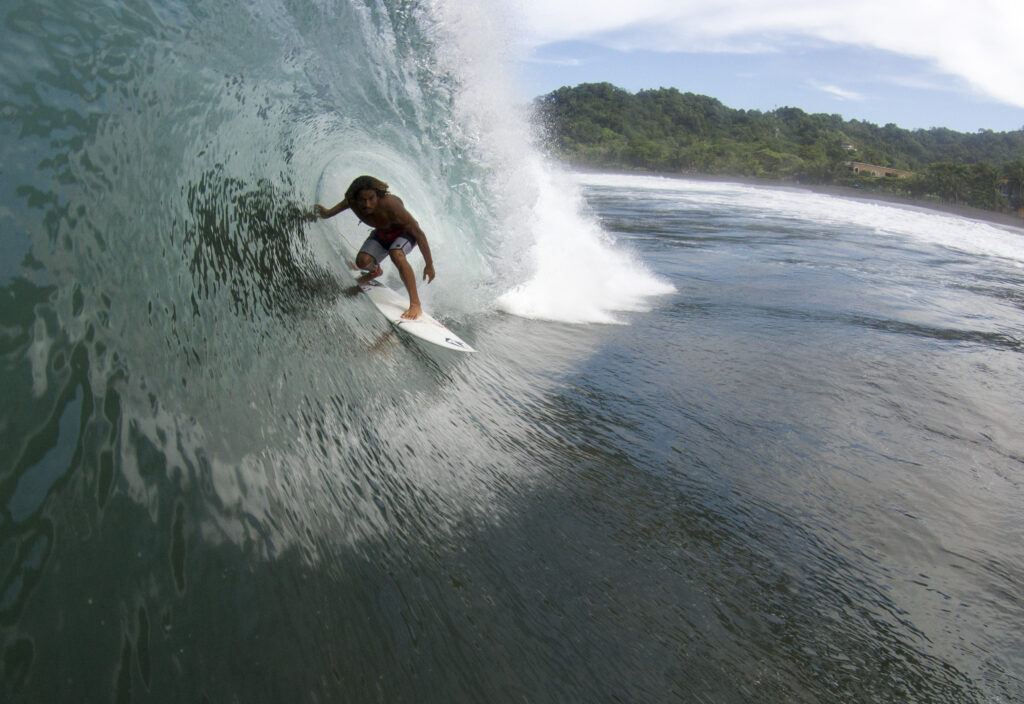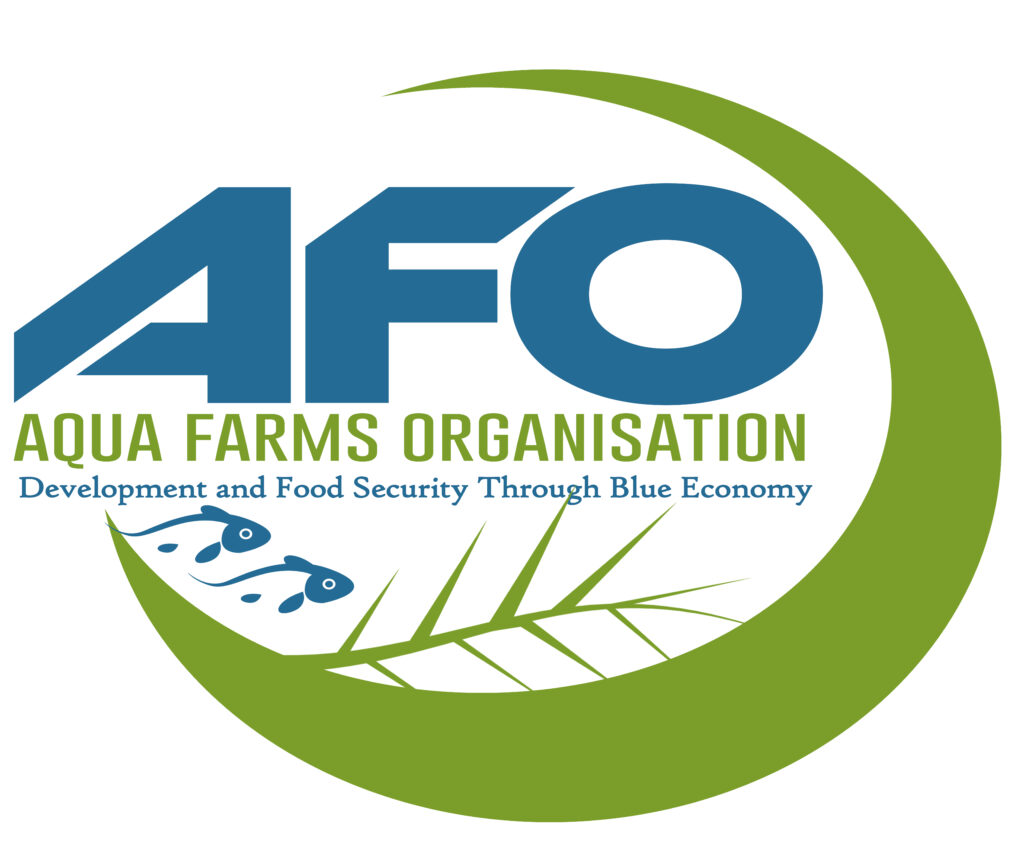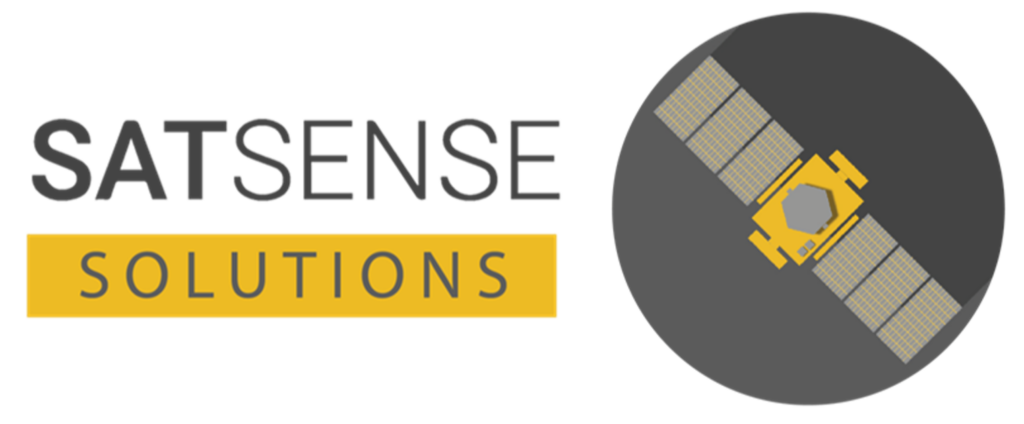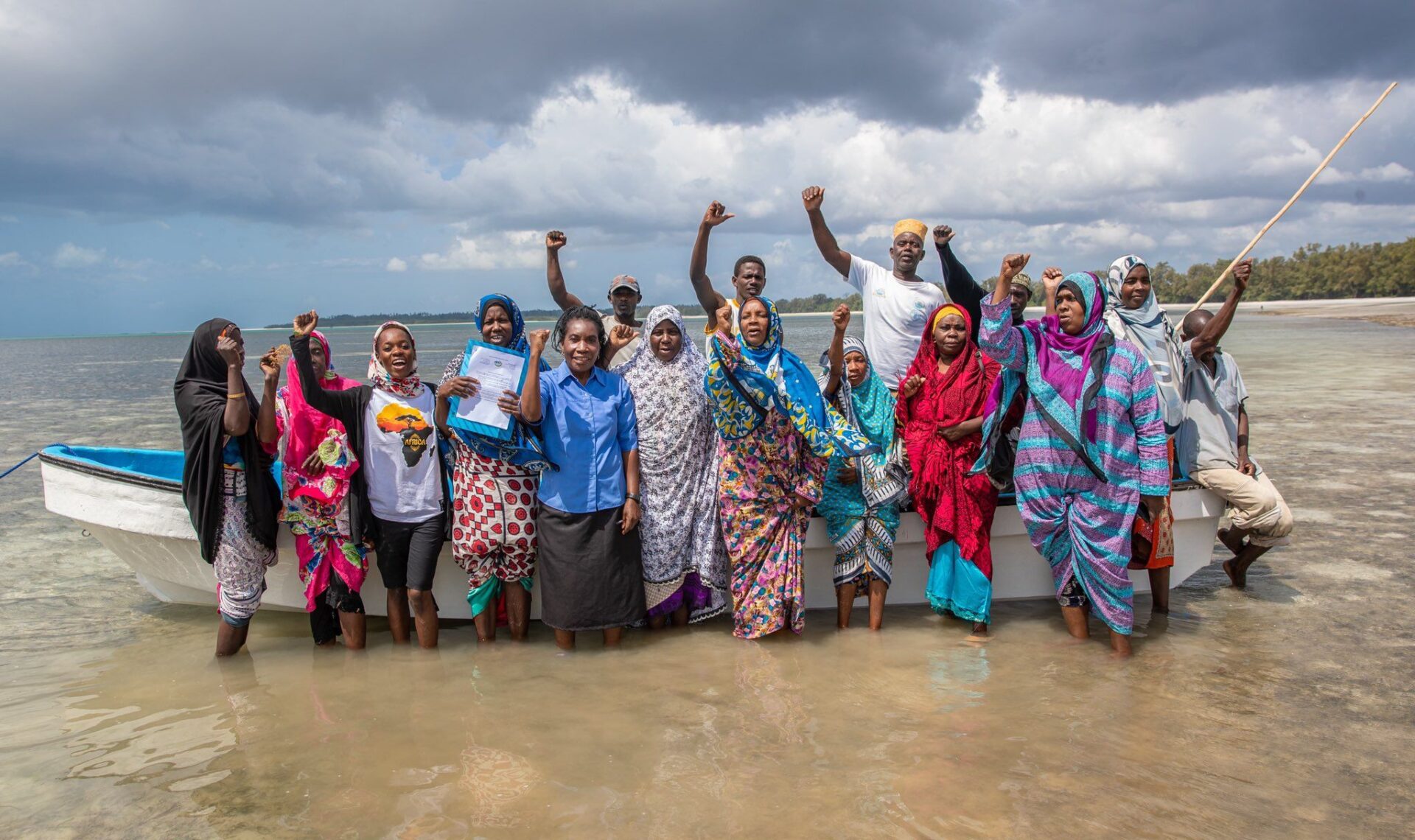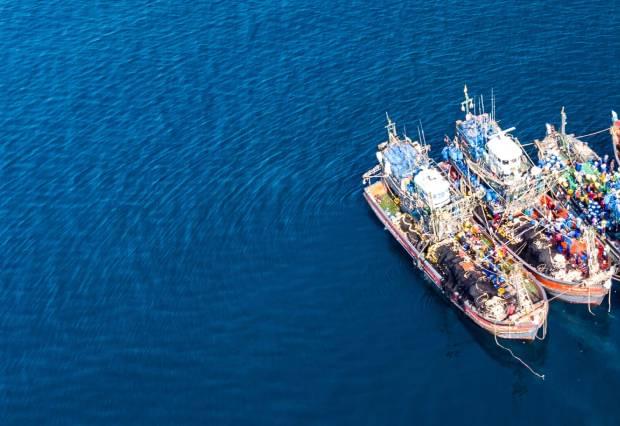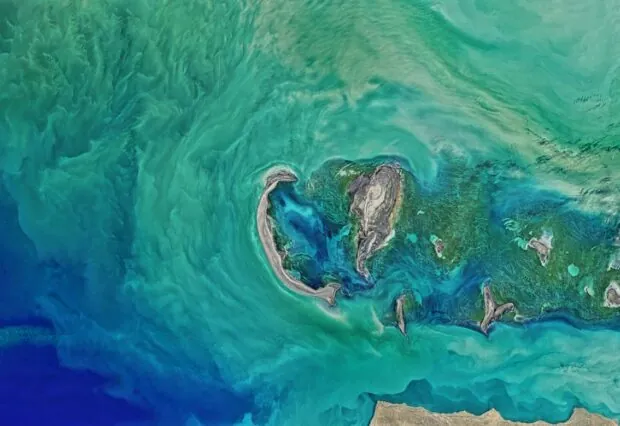GLOBAL OCEAN RESILIENCE INNOVATION CHALLENGE (ORIC) ANNOUNCES FINAL FIVE PROJECTS
- Projects are building resilience in coastal communities vulnerable to climate change, reducing ocean risk through financial innovation
- Incubator support provided to the companies spanning Africa, eastern India, Mexico, Peru and the Maldives
- Challenge backed by the UK’s Blue Planet Fund and Swiss Re Foundation
London, Monday 3 October 2022 – A global competition which identifies and nurtures financially innovative, community-led projects that build coastal resilience and reduce ocean risk, today announces it has selected the final five finalists to receive incubator support from the Ocean Risk and Resilience Action Alliance (ORRAA).
Currently in its second wave, the Ocean Resilience Innovation Challenge (ORIC), which is led by ORRAA, connects projects with potential investors to help bridge the gap between locally led innovation and investment, to accelerate their growth and wider positive impact. It provides mentoring, leadership training and funding, to help promising projects scale up.
Jesper Hörnberg, ORRAA’s ORIC lead says:
“I would like to take this opportunity to thank our funders – the UK’s Blue Planet Fund and Swiss Re Foundation – without whom this important incubator programme would not be possible.
“The Ocean Resilience Innovation Challenge is designed to ensure a healthy pipeline of projects, which are developing innovative financial and insurance products. We aim to grow and scale these promising projects by connecting them with potential investors to achieve better outcomes for the Ocean and the communities who depend on it. These five community-led projects will deliver positive impact by building nature-based coastal resilience and protecting vulnerable communities.”
Stefan Huber Fux, Director, Swiss Re Foundation, says:
“We support ORRAA’s ORIC II programme because it is an initiative making a difference on the ground. ORIC supports innovative community projects that build coastal resilience and reduce ocean risk through the deployment of finance or insurance products. I congratulate the final five projects. I hope to see them scale and grow so their positive effects ripple out.”
The final five projects are:
1) Abalobi, South Africa – A social enterprise seeking to develop thriving small-scale fishing communities in Africa and beyond. Through its technology, Abalobi can connect small-scale fishers directly with consumers ensuring a fair, transparent income for the fisher, and fully traceable “Fish With A Story” for the consumer. They are based in South Africa, but their projects are located across Africa. The envisaged financial product will allow fishers to save towards pre-defined targets, such as repairing or replacing fishing equipment. They can contribute as much or as little as they like and at different times. Fishers will be able to elect to divert a portion of their income into a savings account through the Abalobi Fisher app. http://abalobi.org/
Dr Serge Raemaekers, Co-Founder and Project Director, Abalobi, South Africa says: “We are thrilled to have been selected as one of the final five projects to receive support from ORRAA under its ORIC II programme. Abalobi’s mission is to contribute towards thriving, equitable and sustainable small-scale fishing communities globally. Abalobi also facilitates South Africa’s only Community Supported Fishery (www.fishwithastory.org). I lead a team of about 30 amazing people driving the impact and growth of our programme. Successfully securing this support has been a team effort. I want to thank all my team. This support from ORRAA will mean we are able to further drive change in the way we catch, sell, buy and eat fish towards ecological, social and economic sustainability.”
2) Aqua-Farms Organization (AFO) / Sea PoWer, Tanzania – Aqua-Farms Organization (AFO) is a youth-led, non-governmental organization (NGO) based in Tanzania. Founded in 2017, AFO aims to create resilient coastal communities by supporting sustainable use of ocean resources. Sea PoWer promotes women seaweed farmers’ empowerment by building their capacity to adopt tubular nets, (a deep-water seaweed farming innovation resilient to climate change and improving women’s work conditions), learn new skills, add value to their crops and grow both economically and personally. Through the ORICII grant, ORRAA is supporting the Sustainable Blue Shop in, Zanzibar, through Aqua-Farms Organization and Sea PoWer to scale deep-water tubular net seaweed farming technology through microcredit and saving schemes. The initiative will also train women on financial literacy and how to produce seaweed value added products soap, shampoo and lotions and food (juice, jam, seaweed sticks, salads, cakes and noodles) from seaweed. https://afo.or.tz/
Jerry Mang’ena, Executive Director, AFO (Aqua-Farms Organisation) Seaweed, Tanzania, says: “This support from ORRAA, through ORIC II, will help us work in harmony with nature, create resilient coastal communities whilst at the same time expand the sustainable livelihood opportunities for local people. It is also an endorsement of our vision, strategy and teamwork. This is the second of our projects that has been supported by ORRAA. We were lucky enough to secure support from the ORIC I programme for our mangrove community credit project. ORRAA’s support has been invaluable.”
3) INVERSA Leathers, Mexico – INVERSA Leathers makes the world’s first ecosystem and community reviving leather. Made from the invasive lionfish, which destroy coral reefs across the Atlantic, INVERSA’s materials help fashion to heal the planet, by solving an environmental crisis. INVERSA Leathers is based in Florida, USA, and their project will build well-equipped fishing cooperatives in Quintana Roo, Mexico, through underwriting fishers’ risk with a 100 per cent catch-to-cash guarantee, financing the upfront re-tooling expenses for fishers to hunt and catch lionfish and offering premium incentives and prompt payment timelines. www.inversaleathers.com
Aarav Chavda, Co-Founder and CEO, INVERSA Leathers, Florida says: “This will help INVERSA protect more of the Atlantic’s precious coral reefs. We have an opportunity to stop and even reverse the gradual destruction of our coral reefs, all by channeling consumer demand. It’s a win win win for the environment, conservationists, and the fashion industry. Looking forward to working with the ORIC team!”
4) SatSense Solutions, India – A start-up that uses satellite remote sensing and geospatial analytics to address the challenges of sustainable development and climate change. Its project de-risks sustainable tourism and supports the economic development of the Sundarbans region in eastern India. As an example, insurance products can be offered exclusively (or at a lower premium) to properties that have reduced risk, such as those with mangrove cover or similar natural barriers in place. The Sundarbans is an area of extreme poverty that is climate vulnerable. Sustainable economic development in this region could lift tens of thousands of people out of extreme poverty, while also ensuring the natural capital is conserved. https://satsense.co/
Pranav Pasari, Co-Founder and CEO, SatSense Solutions, India, says: “This project will de-risk sustainable tourism in the Sundarbans region of eastern India. This project uses satellite technology to assess the risk of coastal erosion and flooding at a very local level. We are using space tech to tackle climate change. It’s a huge boost to our approach and to the team.”
5) Save The Waves Coalition, California – An international non-profit dedicated to protecting surf ecosystems across the globe through a unique combination of protected area creation, stewardship and grassroots mobilisation. Save The Waves will work with local surfing communities and economies – particularly in Mexico, Peru and the Maldives – to incentivise the protection and conservation of surf ecosystems, while creating an innovative insurance model. This insurance model would financially sustain communities for loss of revenue due to coastal development or climate disaster that affects the ecosystem and its ability to produce surf breaks. https://www.savethewaves.org/
Nik Strong-Cvetich, CEO of Save The Waves, says: “Our goal is to help give coastal communities the tools they need to be effective in valuing, protecting and managing their own natural resources. This support will help us partner with more coastal communities in key areas and help reduce the risk and loss caused by climate-related events.”
The programme is backed by the Swiss Re Foundation and the United Kingdom’s Blue Planet Fund (BPF) which together contribute more than USD$500,000 to the running of the Challenge through 2022 and 2023.
The ORIC is an integral part of ORRAA’s goal to to drive USD$500 million of investment into coastal and ocean Nature-based Solutions, surface at least 50 novel finance products and improve the resilience of 250 million people in coastal areas around the world by 2030.
Winners from the first ORIC round, launched in 2021, include an initiative to empower seaweed farmers in Indonesia through innovation and financial inclusion (MARI Indonesia), and a plastics credit platform in India (rePurpose Global) to reduce waste, support livelihoods and restore natural capital.
